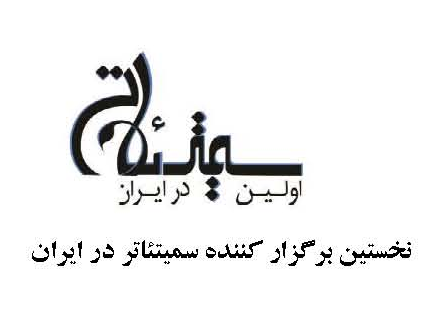Behavioral Economics Reshapes Financial Policy and Personal Decision-Making
Unlike traditional economics, which assumes people act rationally, behavioral economics recognizes that cognitive biases, emotions, and social cues heavily influence financial choices. From impulse buying to under-saving for retirement, these behaviors can have long-term consequences.
Policy-makers are increasingly applying behavioral tools, such as “nudges,” to help people make better choices without removing freedom. One successful example is automatic enrollment in pension plans, which has boosted participation rates worldwide. Behavioral economics is also helping fintech apps design smarter interfaces that encourage saving and reduce overspending.
As economies become more complex, understanding human behavior is key to creating effective financial policies. Experts urge integration of behavioral insights into public policy, banking, and education systems.

